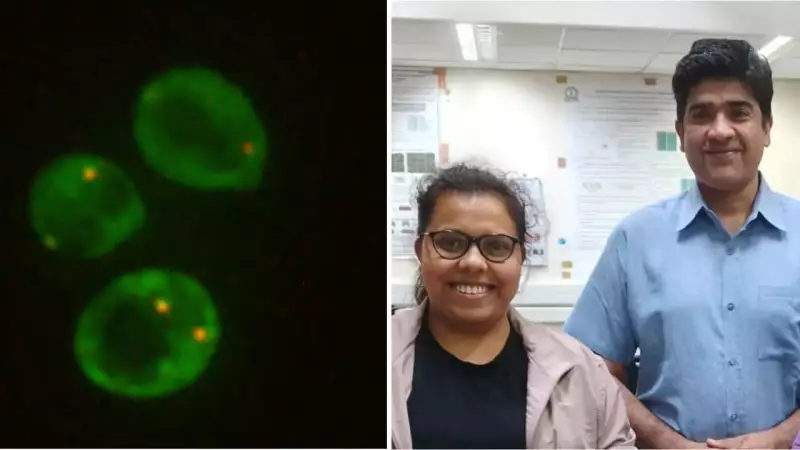
In a remarkable discovery that could revolutionize our approach to space exploration, scientists from the Indian Institute of Science (IISc) and the Indian Space Research Organisation (ISRO) have uncovered compelling evidence that common yeast can survive and potentially thrive in Mars-like conditions.
The Martian Challenge: Why Yeast Matters
The research team conducted extensive experiments simulating the harsh environment of the Red Planet, focusing on whether microorganisms could withstand the extreme conditions. What they found surprised even the most optimistic researchers.
Yeast, one of humanity's oldest microbial companions, demonstrated remarkable resilience when exposed to Martian-like atmospheric pressure, temperature fluctuations, and radiation levels that would be lethal to most Earth-based life forms.
Scientific Implications Beyond Imagination
This breakthrough discovery carries profound implications for multiple fields:
- Space Food Production: Yeast could become the foundation for producing essential nutrients and medicines during long-duration space missions
- Terraforming Research: Understanding how Earth organisms adapt to Martian conditions provides crucial data for future planetary engineering
- Biotechnology Applications: The survival mechanisms discovered could lead to new industrial and medical applications on Earth
- Origin of Life Studies: The research sheds new light on how life might persist in extreme environments throughout the universe
The Indian Scientific Edge in Space Research
This pioneering work showcases India's growing capabilities in cutting-edge space research. The collaboration between IISc's academic excellence and ISRO's practical space expertise has created a perfect synergy for groundbreaking discoveries.
The findings represent a significant step forward in preparing for human missions to Mars and beyond, potentially solving critical challenges related to sustainable life support systems and in-situ resource utilization.
What This Means for Future Mars Missions
As space agencies worldwide prepare for crewed missions to Mars, this research provides valuable insights into:
- Developing biological life support systems that can function reliably on Martian soil
- Creating sustainable food production methods using resilient microorganisms
- Understanding planetary protection protocols to prevent contamination
- Designing experiments to search for existing Martian life forms
The discovery positions India at the forefront of astrobiological research and demonstrates the country's significant contributions to global space science. As the world looks toward interplanetary exploration, these findings from Indian scientists may well become the foundation for humanity's future among the stars.





